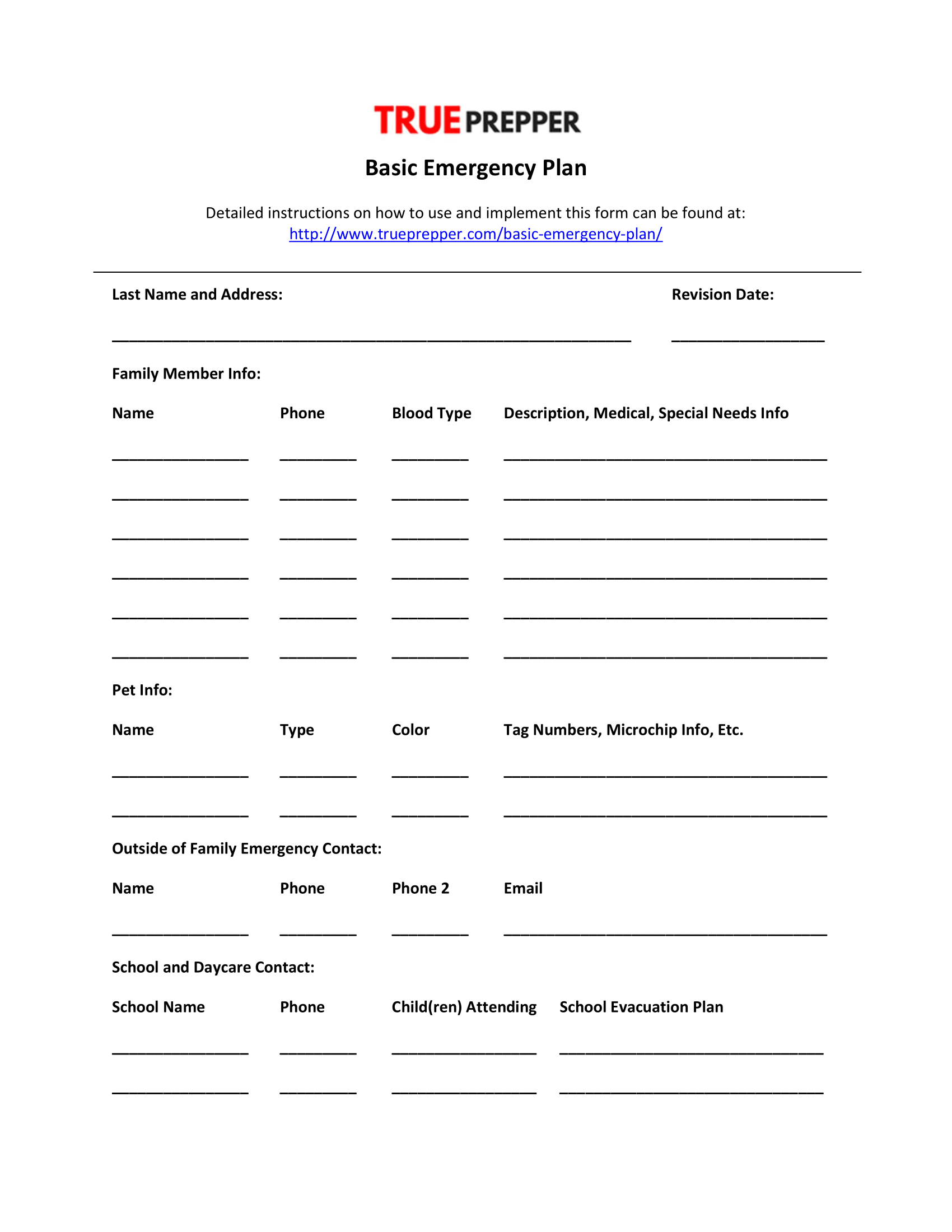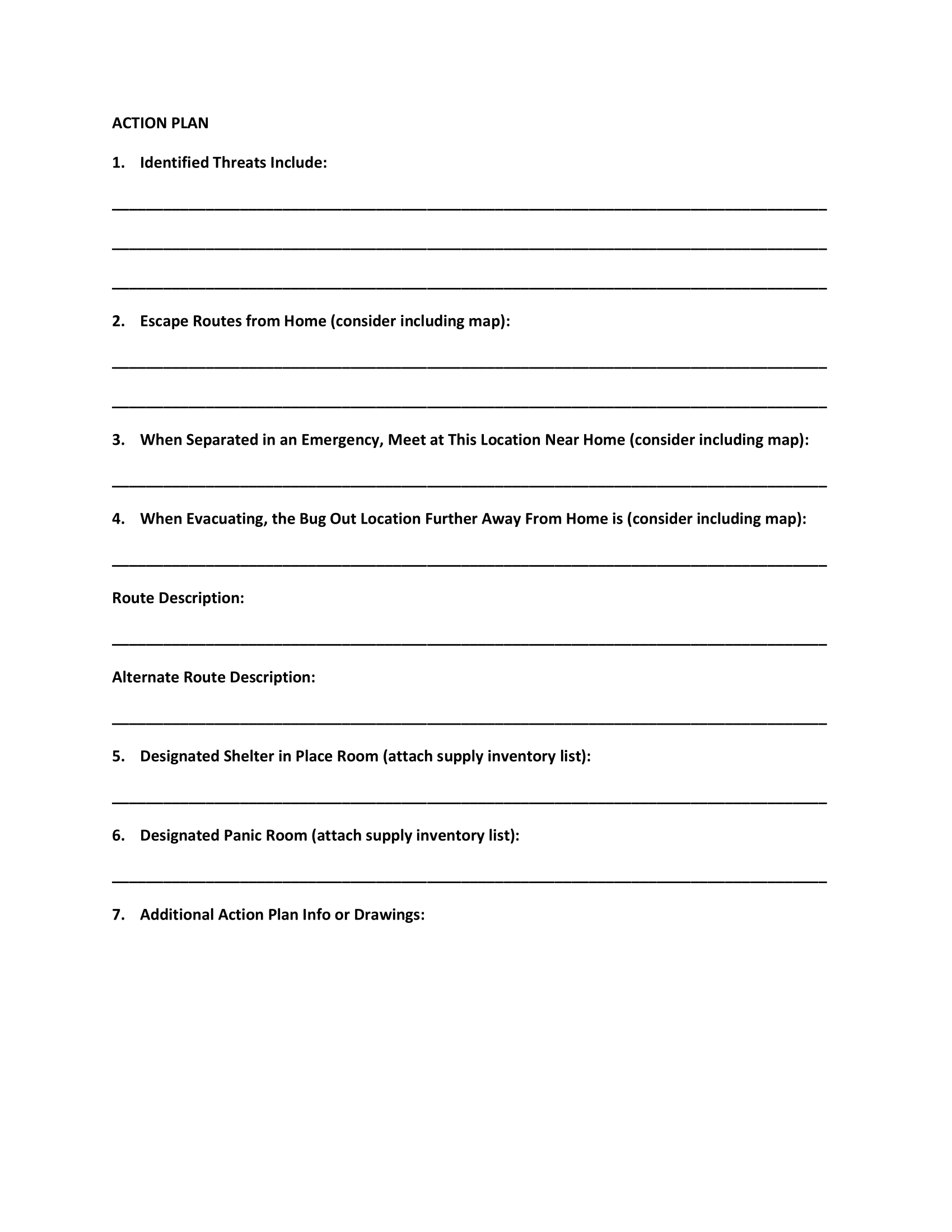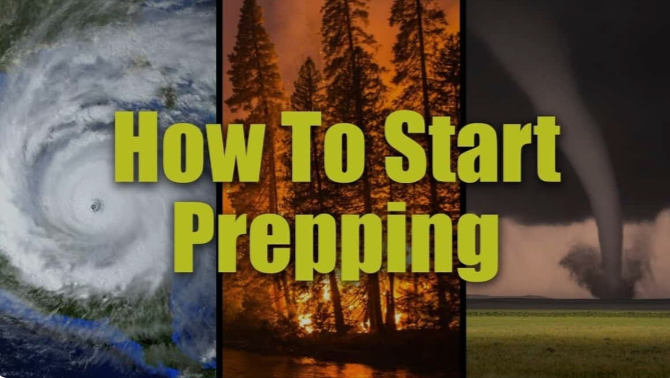How to Start Prepping
So you’re ready to start prepping and to be ready for any emergency or disaster?
Follow this guide to help you on your journey. We’ll review what prepping actually is, what it takes to be a prepper, and the basic steps to cover your bases.
You can also jump ahead to sections if you are a returning reader:
You’ve Already Begun Prepping
You have already started prepping.
Don’t believe us? Consider this:
- Do you have a savings account?
- Do you have first aid supplies?
- Do you have a smoke detector?
- Do you have any insurance?
- Do you keep gas in your car?
All of these are preparations to avoid or mitigate disasters and emergencies. You don’t need band-aids often, but you keep some on hand anyway. Buying the box before you get a cut is being prepared. Applying this principle to your life in a broad sense is prepping.
Prioritize Your Risks
What could possibly go wrong?
At this point in your life, you’ve had a few things go wrong already. Experience is the greatest teacher, but you haven’t encountered it all yet. There are so many things that can go wrong in life that we can’t successfully list them all out.
It’s not all doom and gloom, though. There is a whole section of science dedicated to figuring this all out called risk analysis.
History and statistics combine to provide us with a pretty good idea of what could happen. Insurance companies use these extensively- their actuaries regularly calculate and quantify risks to create insurance policies. Their profitability is a testament to the calculations working.
Another big user of risk analysis is the US military. Scenarios and probabilities are not just developed for attacks- emergency management also covers the bases for emergencies and disasters. Planning, kits, and training are important to deal with all of these, just like it is for individual preparedness.
Both of these are a little different than meteorologists, who use prediction models. Risk analysis is about the probability and impact of what can happen: not about predicting specific events. Sometimes even seasoned preppers can get this part confused: you may see some that are preparing for specific events, such as an EMP. By limiting their preparedness to a specific predicted event, they are not fully prepared for real-world possibilities. Unlike predicting weather events a week out, predicting mass-scale disasters years out is about as worthless as reading tea leaves.
Luckily, we’re here to steer you down the correct path.
Prepper Risk Assessment
We’ve developed a Threat List to help you prioritize your prepping in a practical way. This is a general risk analysis to help you prioritize the highest-risk scenarios. Questions the TrueRisk Analysis can help answer include:
- With limited resources should I prepare for a CMP or an earthquake?
- Should I prepare for an EMP first?
- Is a nuclear accident impossible?
- Do I need a gas mask or a bug out bag?
The TrueRisk Analysis is not a custom thorough examination of your specific situation. You can conduct your own risk analysis if you have time, which would be more comprehensive and specific to your situation:
Now that you’ve identified the macro risks, we need to look at the personal risks that are just as important. These risks are not large-scale- but can be even more impactful on your life.
Health and Fitness for Preppers
When you think of preppers in the media, you may not picture a fit and healthy person. This is a common misconception since poor health and a low level of fitness can have an even greater impact during a disaster or emergency.
Poor health affects a wide range of people, ranging from permanent disabilities to obesity. Eventually, health deteriorates for us all, since we cannot live forever.
Although we cannot totally control our health situations, science says that a responsible diet and occasional exercise as part of your lifestyle can improve and lengthen your lifespan.
Heart conditions, diabetes, cancer, and other chronic diseases can be brought about by lifestyle choices. We know these are difficult to tackle during everyday life, but all of these make survival in emergency and disaster situations even more difficult.
Over two-thirds of Americans are obese. The majority of onset blindness and the majority of amputations are caused by diabetes. (Source) If you have the opportunity to avoid these hardships, taking care of your body should be your first priority for prepping.
Financial Preparedness
There are many things that can go wrong in life, but financial issues can be some of the more difficult situations for a family. Everyone should have a financial plan and stick to it. We have a simple guide along with a list of resources to help you evaluate your financial preparedness:
Make a Plan
Your plan can be written or verbal, small or large, a single plan or multiple plans, but it has to be shared and practiced. You have identified the threats and decided which you need to address and in what priority. Start with the high-priority threats and plan accordingly.
Your plan should include at the very least communication information, safe locations depending on the threat, and ways to avoid threats and be safer. Talk with your family about your plans for various disasters, emergencies, and survival scenarios. Share with trusted friends and ask for critiques to identify weak points in your planning.
We make it easy with a downloadable and printable basic emergency plan that prompts you to fill in whatever you to fill in whatever you need:
How To Start Prepping For Disasters
https://www.youtube.com/watch?v=fBYsxHQ5TH8&t=5s


source: https://trueprepper.com/how-to-start-prepping/
Terms of Use:The information presented on the network is intended to expand personal knowledge and provide general understanding in a variety of fields to help you be active your Creative freedom and nurturing your health. The information presented here does not pretend to be and is not a substitute for medical instructions. Everything presented on the network is the personal opinion of the writers and any decision regarding your action or health choice is your sole responsibility. with regards For complete inner freedom.
Outhematrix (out the matrix) Network management.






